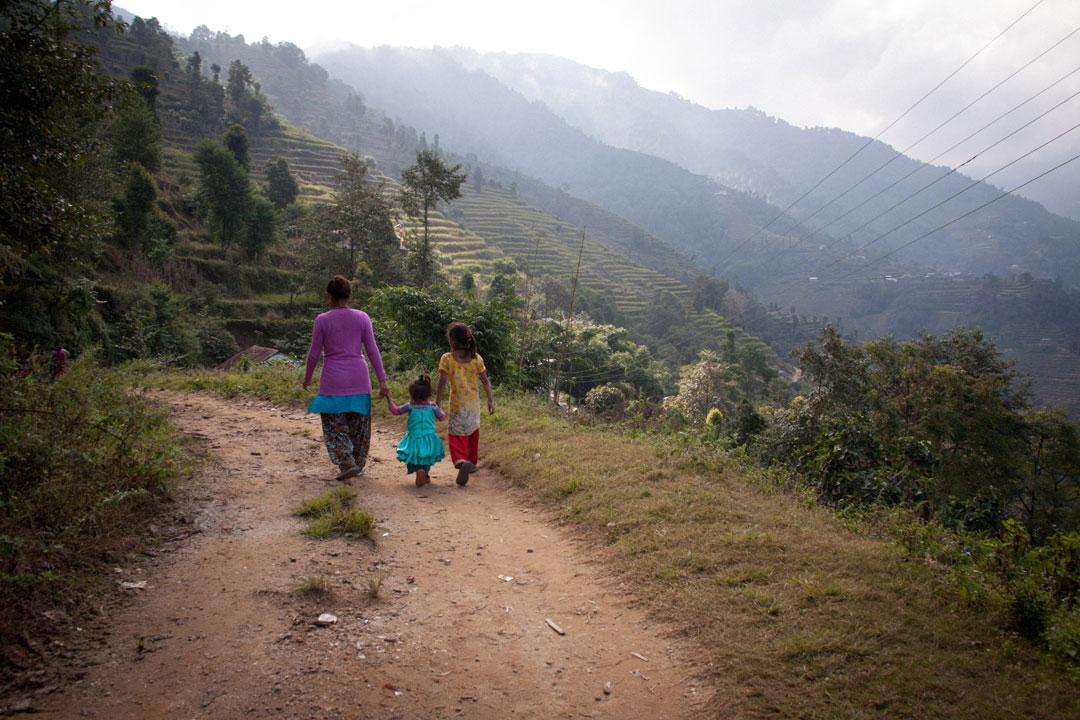Welcome to the Slavery Research Bulletin, the Freedom Fund’s monthly brief designed to bring you new and compelling research from the global anti-slavery movement.
Raising awareness among business leaders around child labour
UNICEF, in collaboration with the World Business Council for Sustainable Development, developed a tool for business leaders to combat child labour in their business operations and supply chains. Building on the latest data and insights from the International Labour Organization and UNICEF, an estimated 140 million children will be at risk of child labour by 2025 unless urgent prevention measures are put in place.
Economic harm perpetrated by the apparel industry against women
A report by Asia Floor Wage Alliance sheds light on irresponsible practices by global apparel brands during the covid-19 pandemic. Based on evidence provided by over 400 garment workers and trade union leaders across six countries, the study shows how patriarchal norms led to women workers experiencing higher wage theft, increased violence and harassment in the work place, as well as greater exposure to health risks.
Urgent need for transparency in tea supply chains
The Business and Human Rights Resource Centre shared a report highlighting gaps in human rights due diligence practices within the tea industry, estimated to employ 13 million workers globally who are at high risk of forced labour. Out of the 65 companies approached, only ten fully disclosed their supplier list and only one brand – Morrisons – required producers to also report on their lower-tier suppliers.
Link between illicit trade and forced labour
A report by Transnational Alliance to Combat Illicit Trade unveils the scale of forced labour, child labour and human trafficking in eight sectors known for illicit trade. Through interviews with companies, trade associations, government agencies and NGOs, the study found a common disregard for workers’ human and labour rights by illicit traders. Many children, women and men are forced to risk their life or endure severe health consequences and viewed as disposable components of production.
Migrant workers’ access to justice for wage theft
The Migrant Justice Institute released a report exposing the systemic wage theft experienced by migrant workers during covid-19, and the barriers they face in accessing justice. Drawing on a year of global consultations with experts and migrant worker organisations, this study identifies common drivers of wage theft and showcases initiatives implemented in various jurisdictions to rectify this problem and shift burdens to businesses and governments.
Read on…
- Corporate Accountability Lab issues a report on how covid-19 impacted cocoa farmers and child trafficking in Côte d’Ivoire.
- Plan International Nepal examines how covid-19 increased violence against women and disruptions to sexual and reproductive health services.
- A report by the International Organization for Migration analyses how low-wage international labour migration in Asia has changed over the last two decades.
And finally… The Freedom Fund is seeking a highly skilled safeguarding consultant to be based in Nepal. See the request for proposal here.
Contact us Our team would love to hear from you. Please email: [email protected].
News & updates For more news and updates about the Freedom Fund, visit our Newsroom. You can also view archived issues of our bulletin here.



